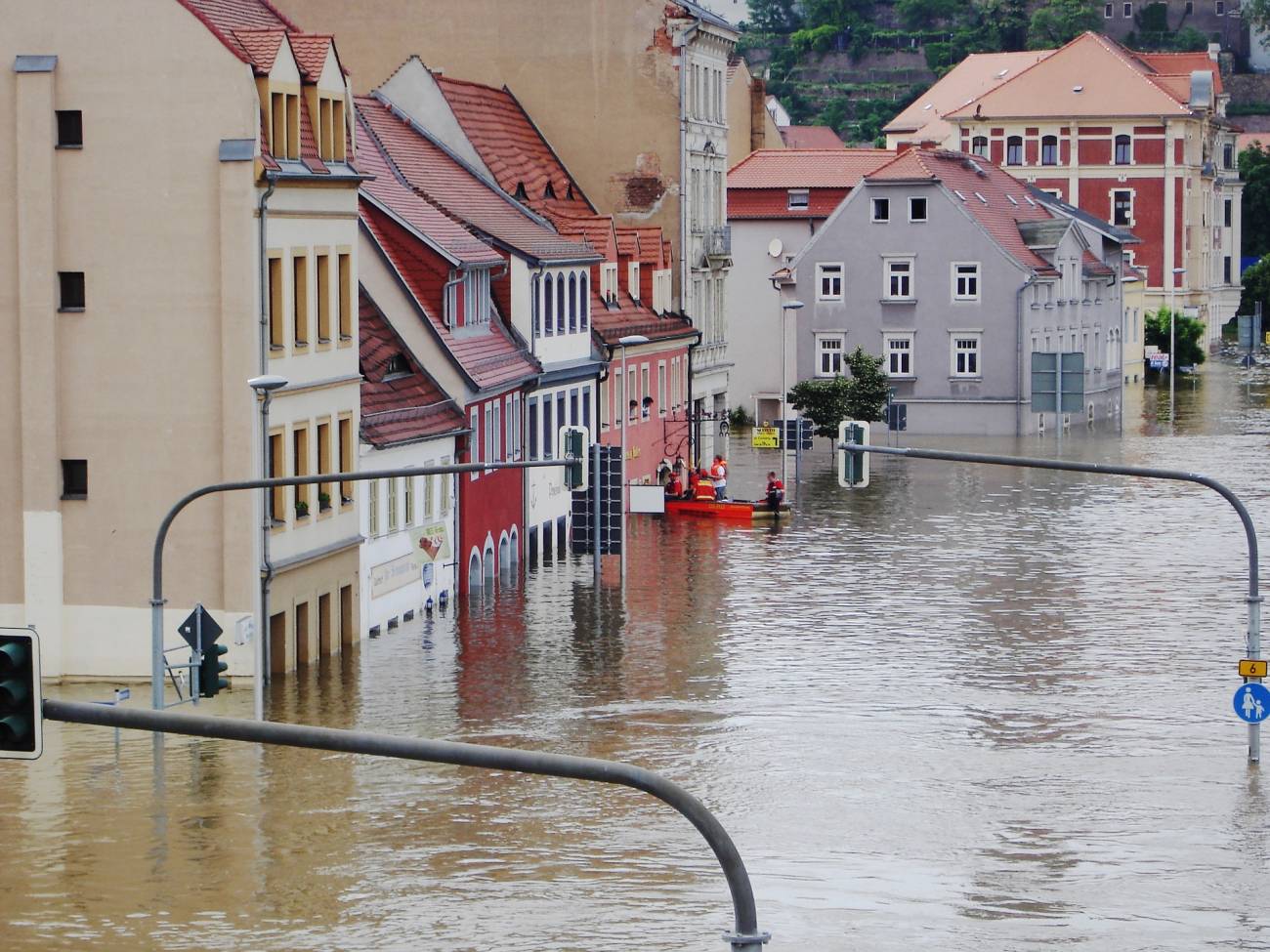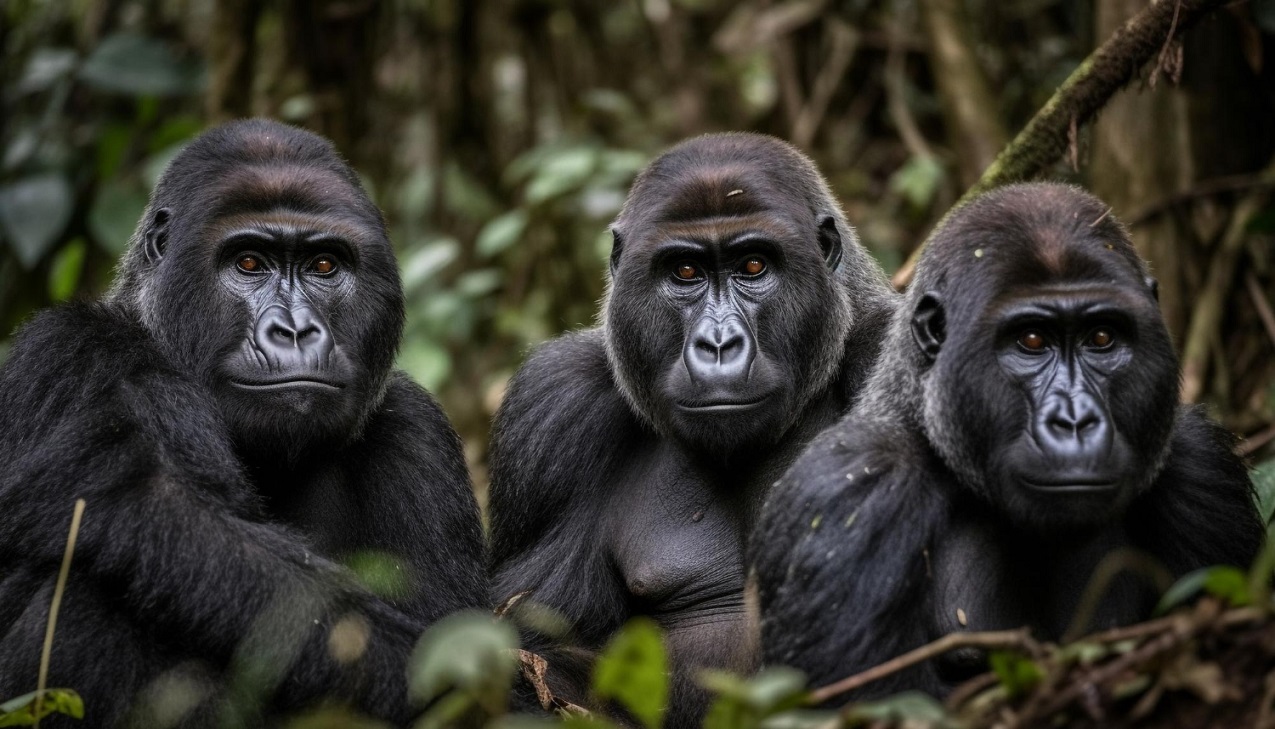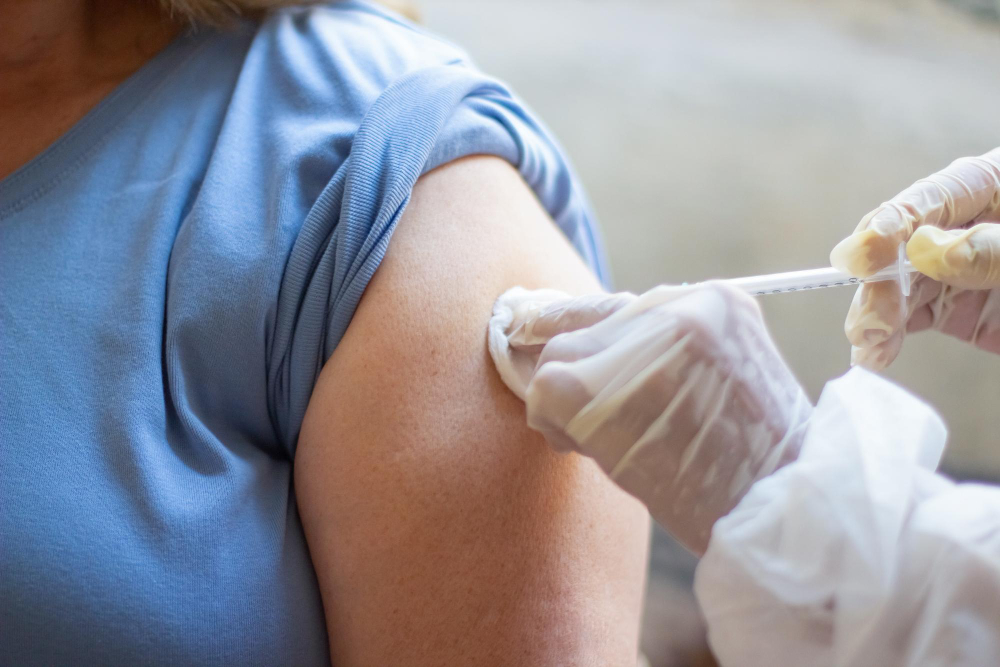Reactions: study identifies genes that may be associated with vegetarianism
A US research team has identified several genes that may be associated with a strict vegetarian diet. Some of these genes have "important roles in lipid metabolism and brain function", according to the paper, which suggests that these differences could explain the ability to subsist on a vegetarian diet in those who carry these genes. The study, published in the journal PLoS ONE, used data from the UK Biobank to compare a group of more than 5,000 vegetarians with a group of more than 320,000 non-vegetarians.







